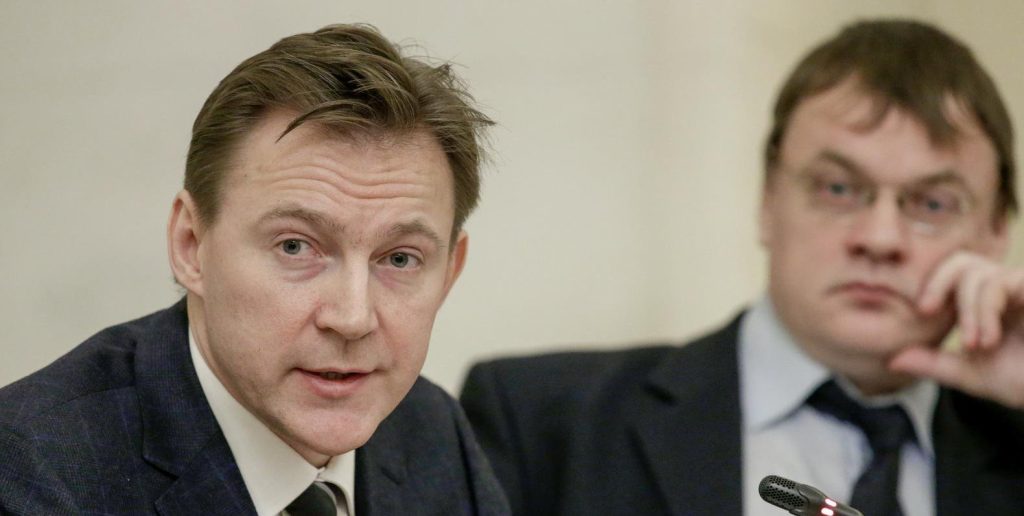Across Europe, the term “neo-Nazism” is often invoked to describe extremist ideologies that draw on the symbols, beliefs or rhetoric of the original Nazi movement.
Others are reading now
While these groups remain marginal, officials and analysts regularly warn that economic anxiety, political fragmentation and online radicalisation have given such ideas more visibility.
It is within this broader climate that Moscow continues to make sweeping accusations, framing its own military actions as part of a wider ideological struggle.
Wartime framing
At an international forum marking 80 years since the Nuremberg trials, Russian intelligence chief Sergei Naryshkin repeated the Kremlin’s narrative linking the war in Ukraine to the fight against fascism.
According to Russian state reporting, he claimed: “The special military operation… is one of liberation from neo-Nazism.”
He added that fighting perceived extremism had become a key element of Russia’s state policy, calling the invasion “a liberation operation.”
Also read
Historical references
Naryshkin addressed the event titled “Without a statute of limitations: Nuremberg. 80 years,” stressing that the post-war tribunal still shapes Russia’s worldview.
He told attendees: “The severe sentence pronounced against German Nazism by the People’s Tribunal formed the basis of post-war international legislation and remains to this day one of the main moral and legal imperatives for our country.”
His remarks placed the current conflict within a historical framework repeatedly used by Russian officials since 2022.
Accusations toward europe
The intelligence chief argued that echoes of past threats are visible today.
He concluded: “The threat of neo-Nazism is still present.”
Also read
He went on to say: “Today we clearly see its dangerous metastases in Ukraine and a number of European countries,” though he did not identify specific states.
Sources: Digi24, statements from Sergei Naryshkin as cited by Russian state media.


